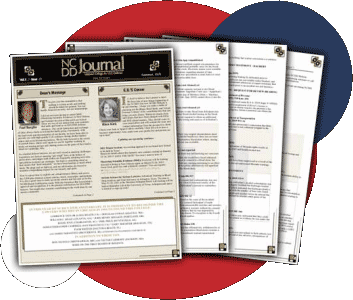- The ABA’s Concise Guide to Lawyer Specialty Certification
- Benefits to Become Board Certified - ABA Video
- Board Certified Members
- How to Become Board Certified in DUI Defense Law
- Apply for Certification
- Apply for Re-Certification Renewal
- Board Certified Senior Specialist
- Rules Governing Board Certification
- Preparing for the Exam
Do the Police Have to Read Miranda Rights to Me, When I am Arrested?
Posted on January 20, 2018 in Uncategorized

The short answer is "No." The triggering event for Miranda Rights is whether you are in custody or not. If you are not in custody, the police can ask you whatever they want to ask, and if you give an incriminating response, they can use it against you in a court of law. That's why the police will sometimes conduct criminal investigations over the phone. A detective may have a report of a crime and suspect that a specific person is involved. The detective will then call the person and ask him if he knows anything about the crime. Anything that the person says is not protected by Miranda Rights because the person could easily hang up the phone and end the conversation. Clearly, the person is not in custody. Even seemingly exculpatory comments are dangerous. For example, a detective may suspect that a person was involved in an vehicle break-in, but cannot even place that person at the scene of the crime. The detective calls that person and says that he knows that the person was involved. The person then says "I was there, but I didn't do anything–it was some other guys." The person, now called a "suspect," has now placed himself at the scene of the crime and the detective may be able to get a court order for the person to submit to fingerprinting for comparison with finger prints left on the vehicle. The phone conversation was unprotected.
The routine gathering of background information is also not protected by Miranda. In other words, the police can ask someone who is in custody, questions that are not designed to lead to an incriminating response. Those answers are admissible in court.
The best advice to anyone who is being questioned by the police about a crime is to invoke Miranda Rights and not answer any questions because the road to jail is paved with good confessions.
Find an Attorney
Enter your city, state, or Zip code below to locate a qualified attorney who has demonstrated a commitment to defend those accused of DUI and related crimes.








